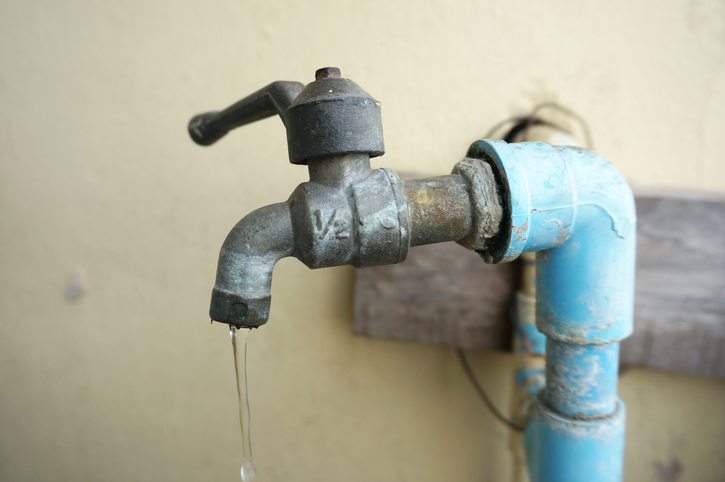The City of Newark, NJ has been battling an aging and decaying infrastructure for years. More specifically, Newark’s aging water supply and service line infrastructure is one of many challenges it, and other similarly situated cities face.
The issue of lead in drinking water captured the nation’s attention several years ago with the heath crisis that impacted (and is still impacting) Flint, Michigan. The concern involving drinking water quality and excessive lead levels is, however, far from limited to that region.
Last year, Newark reported elevated levels of lead in its tap water in 12% of its samples. The City claimed that its old infrastructure, including 15,000 lead water service lines, were corroding, causing spikes in lead readings. Some pipes in Newark were installed in the 1880s and have never been replaced.
In May, the Natural Resources Defense Council (NRDC) reported that lead levels in Newark’s drinking water were among the highest recorded by a large water system in the United States.
In June, the NRDC and the Newark Education Workers Caucus brought a citizen suit against the City of Newark for violating state and federal drinking water regulations and accused the City of failing to do all it could to remediate Newark’s drinking water.
In August, the City Council approved a $75 million bond program to replace the lead service lines. This approach will take approximately eight years, with residents responsible for paying to replace the lines on their property. As roughly one in three Newark residents live below the poverty line, this plan was criticized as ineffective and accused of placing an unfair burden on economically disadvantaged victims of the city’s own neglect.
Corrosion treatment was supposed to be put in place in the 90s, but there is no evidence that Newark ever complied with the treatment plan. If water has corrosive properties, as Newark’s water does, it is more likely to cause lead pipe material to leach into the water. Newark officials defended the city’s water treatment program and said it was conducting a corrosion control study. Last week, the results of the study demonstrated that the water treatment system for the Pequannock water service area was no longer effective and recommended new corrosion control measures.
In the meantime, Newark has begun to distribute filters to residents who are suspected to have lead service lines. The NRDC requested that the City provide mandatory bottled water deliveries or water filters and filter maintenance for families with young children, pregnant or nursing women, and senior citizens. Until the filters are provided, these citizens are urged to drink bottled water only.
The Mayor of Newark, Ras Baraka, stated that “The drinking water is safe. In fact, Newark has some of the best drinking water. The problem is that the infrastructure is not safe.” This explanation, however, does not help ease the worries of residents, who are concerned about the effect of lead on vulnerable children. The City is offering free water testing to individuals and launched a website to help people determine if their homes require a filter.
Non-governmental organizations (NGOs) like the NRDC say that Newark providing filters is a temporary step in the right direction, but there’s a long way to go. We’ll continue to track this story.

